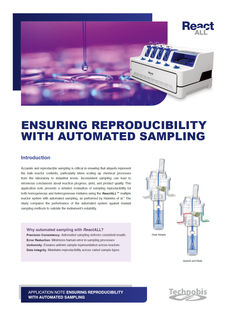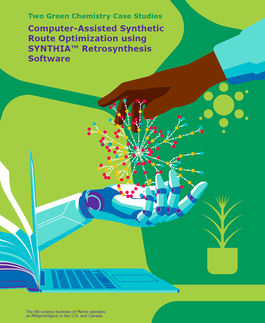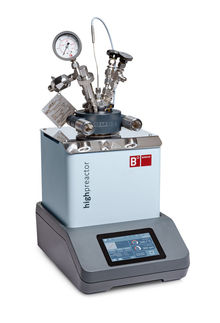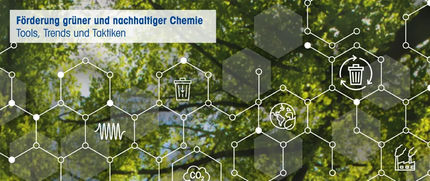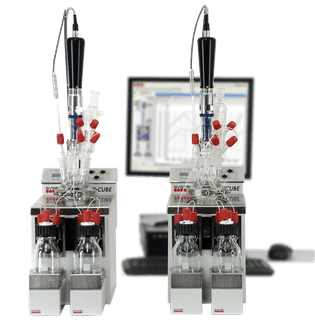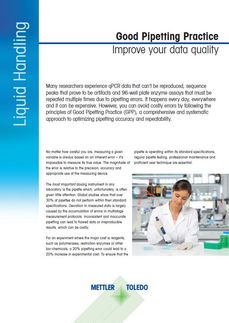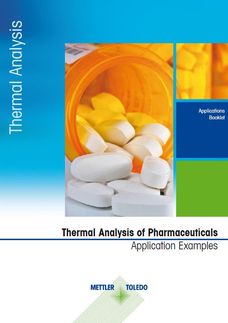Innovative Techniques to Synthesize Breakthrough Molecules
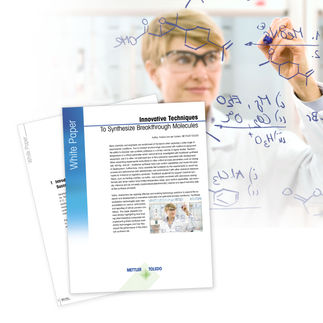
Case Studies for Optimizing Organic Chemistry R&D
Chemists and engineers are constrained at the bench when exploring a wide range of experimental conditions. Researchers are applying technology to expand the research and development of new synthetic pathways and optimized process conditions. This paper presents four case studies highlighting how leading Pharmaceutical companies are improving the performance of the chemical synthesis lab. Examples include:
- Identifying conditions for a successful triflation reaction
- Avoiding impurity formation during a Guanidine reaction
- Central composite Design of Experiment (DoE)
- Inline reaction rate meter tracking a Lithium Borohydride reduction
Download white paper now
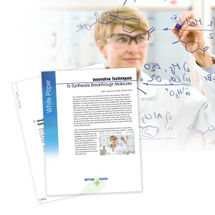
Innovative Techniques to Synthesize Breakthrough Molecules
Case Studies for Optimizing Organic Chemistry R&D
White Paper classification
White papers on related topics
Products on related topics
Manufacturers of similar products
See the theme worlds for related content
Topic world Synthesis
Chemical synthesis is at the heart of modern chemistry and enables the targeted production of molecules with specific properties. By combining starting materials in defined reaction conditions, chemists can create a wide range of compounds, from simple molecules to complex active ingredients.

Topic world Synthesis
Chemical synthesis is at the heart of modern chemistry and enables the targeted production of molecules with specific properties. By combining starting materials in defined reaction conditions, chemists can create a wide range of compounds, from simple molecules to complex active ingredients.


